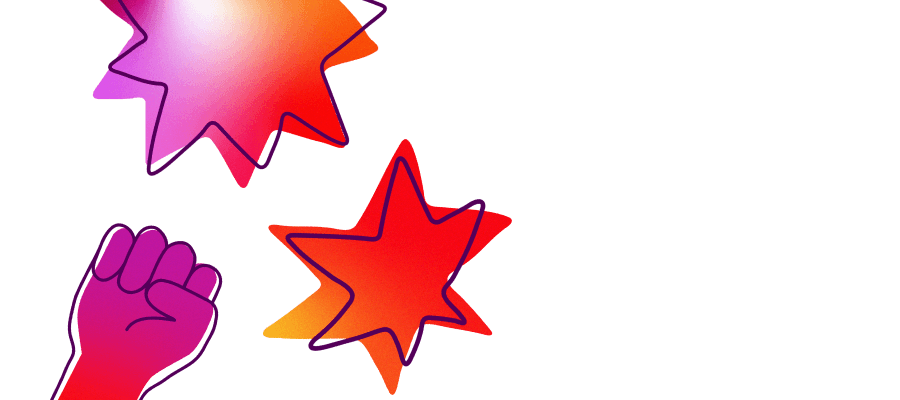HIV Australia
Our HIV Australia publication is a highly regarded and respected source of comment, up to date information regarding the community response to HIV in Australia and issues impacting people living with and affected by HIV. On this page you will find commissioned essays, blogs and podcasts about the latest in HIV, from both a local and global perspective.
- Resources/
- Publications/
- HIV Australia/
HIV Australia 2020
- Essays
- Blogs
- Podcasts


